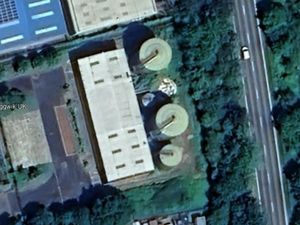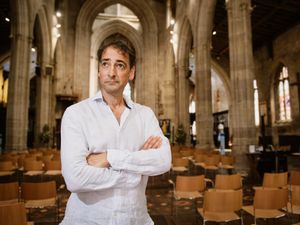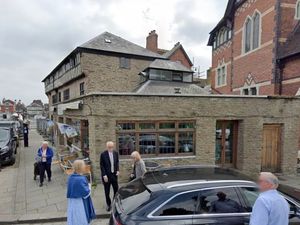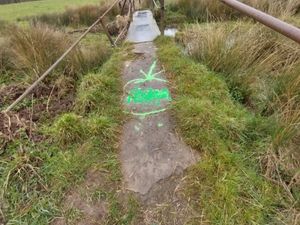Civil War poster snapped up for £33,000 at Shropshire auction
A businessman has paid £33,000 at an auction in Shropshire for a wanted poster issued by Oliver Cromwell offering a reward for Charles II's capture 360 years ago.
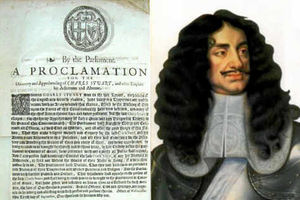
A businessman has paid £33,000 at an auction in Shropshire for a wanted poster issued by Oliver Cromwell offering a reward for Charles II's capture 360 years ago.
The artefact was only expected to fetch between £750 and £1,000 – but Tony Whittaker, from the Black Country, got locked in a bidding war with other collectors during the auction in Ludlow yesterday.
The 60-year-old, whose house in Wall Heath is called Cromwell Manor, said he was inspired by the role the region played in this famous episode in history.
Charles passed through Stourbridge, Wordsley, Hagley and Wyre Forest after losing the Battle of Worcester and fleeing in September 1651.
Cromwell was desperate to track down his foe after defeating the royalists and issued wanted posters offering a reward of £1,000 – the equivalent of £75,000 today.
And Mr Whittaker, who owns Pedmore Road Trading Estate in Brierley Hill, scooped one of the original proclamations at an auction at Ludlow Racecourse yesterday.
He fought against five internet bidders and admits he was 'determined' to walk away with the poster.
Last year he spent £30,000 on Black Country boxer 'Gentleman Jack' Hood's belt before forking out £1,600 for memorabilia belonging to fighter Joe Attwood two weeks later.
He said: "It's obviously worth this much as there were plenty of people willing to pay it."
He plans to keep the poster in a bank vault when he collects it from the auctioneers on Monday – but hopes to make it available for school visits.
Auctioneer Richard Westwood-Brookes said the sale price was 'astonishing'. He added: "I'm pleased that the British public are interested in our heritage to this extent."
The poster calls for '. . . the discovery and Apprehending of Charls Stuart and other Traytors his Adherents and Abettors . . .'
It came after the king had escaped from the back of a house in Worcester as Cromwell's troops entered the front and involved hiding in an oak tree at Boscobel House on the Shropshire-Staffordshire border overnight.
See also:


